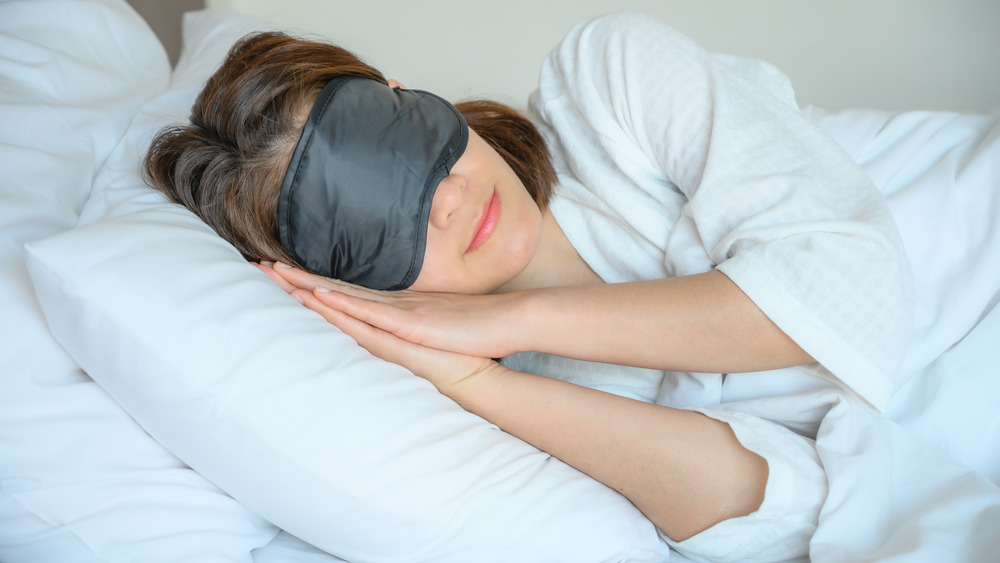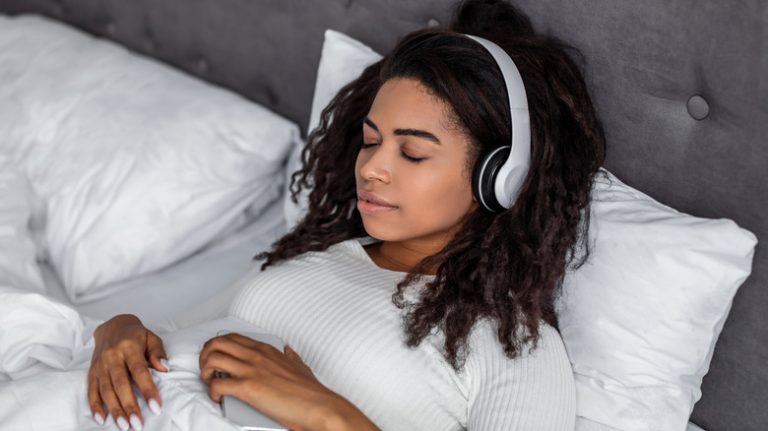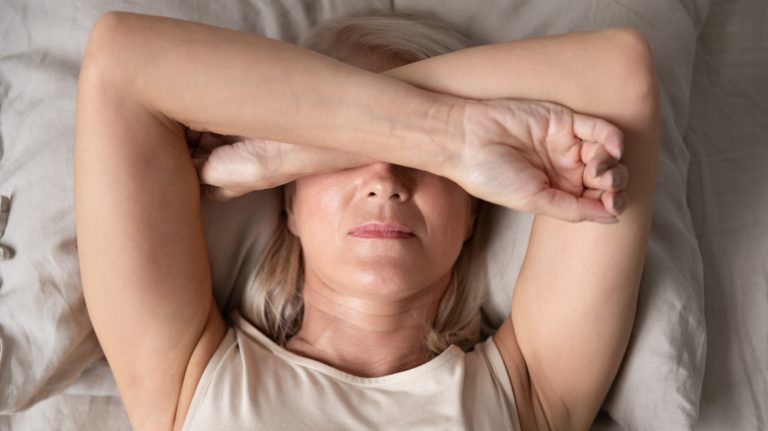Most of us are familiar with the feeling of getting a bad night’s sleep when we’re not in our own bed. It’s so common there’s actually a name for it: the first night effect, according to Psychology Today.
Research has shown it’s not all in your head. Well, actually it is, just a little. As it turns out, the brain, specifically a portion called the default mode network (DMN) stays on high alert during the first night in a new location. The DMN is located in the left hemisphere, and is more responsive to noises even while sleeping, according to researchers.
The study was published in the journal Current Biology and involved healthy young adults visiting a sleep lab for several consecutive nights where they were hooked up to brain monitors. Results showed that on the first night, in addition to waking up faster in response to external stimuli, the brain also delayed the ability to fall asleep. Interestingly, the brain didn’t react the same way on subsequent nights.
Unfortunately, scientists don’t have any ways to trick the brain into fully relaxing on that first night. The best practice is to do what you can to prepare.
A few ways to promote sleep

Everyone has some kind of rituals surrounding sleep, whether it’s brushing your teeth, reading, meditating, or even sleeping on the same side of the bed. When you’re in an unfamiliar place, it’s more important than ever to maintain those habits, according to Psychology Today.
And this is the time to especially consider following good sleep hygiene rules. The light from electronic devices can lower your melatonin level, which is essential to falling asleep, according to Harvard Health Publishing. And who knows what kind of news might be contained in an email or on a social media post that could lodge in your mind.
If possible, lower the temperature of the room to about 65 degrees, the temperature at which we get the best rest, according to CNN. And think about engaging in comforting and calming activities before bed, like taking a warm shower, having a glass of warm milk, or doing some easy yoga poses.
And take comfort that first night effect seems to be a limited phenomenon, according to studies. By the second night, you should be sleeping like a baby.


